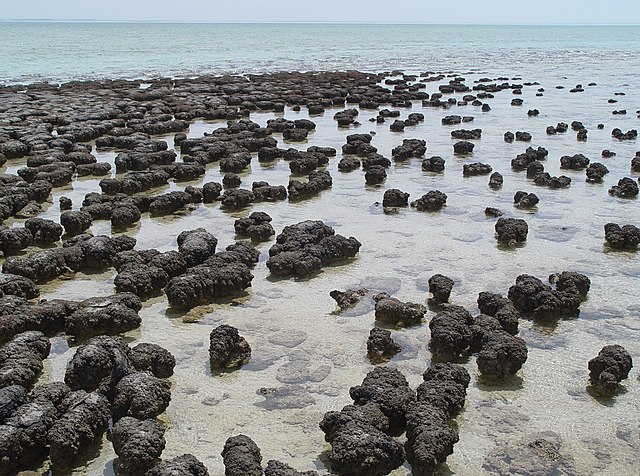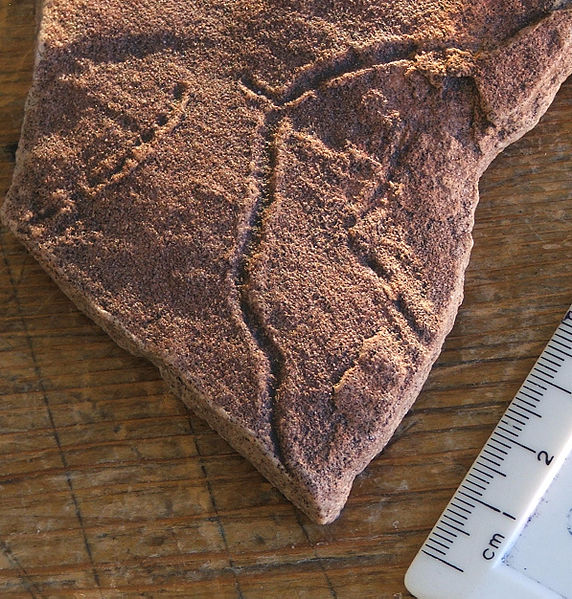Preston Ercelle Cloud, Jr. was an American earth scientist, biogeologist, cosmologist, and paleontologist. He served in the United States Navy, and led several field explorations of the U.S. Geological Survey. In academia, he was a member of the faculty of Harvard University, University of Minnesota, University of California, Los Angeles, and lastly University of California, Santa Barbara. He was best known for his work on the geologic time scale and the origin of life on Earth, and as a pioneering ecologist and environmentalist. His works on the significance of Cambrian fossils in the 1940s led to the development of the concept "Cambrian explosion," for which he coined the phrase "eruptive evolution."
Preston Cloud
The Cambrian explosion is an interval of time approximately 538.8 million years ago in the Cambrian period of the early Paleozoic when there was a sudden radiation of complex life, and practically all major animal phyla started appearing in the fossil record. It lasted for about 13 to 25 million years and resulted in the divergence of most modern metazoan phyla. The event was accompanied by major diversification in other groups of organisms as well.
Rusophycus and other trace fossils from the Gog Group, Middle Cambrian, Lake Louise, Alberta, Canada
Stromatolites (Pika Formation, Middle Cambrian) near Helen Lake, Banff National Park, Canada
Modern stromatolites in Hamelin Pool Marine Nature Reserve, Western Australia
An Ediacaran trace fossil, made when an organism burrowed below a microbial mat.





